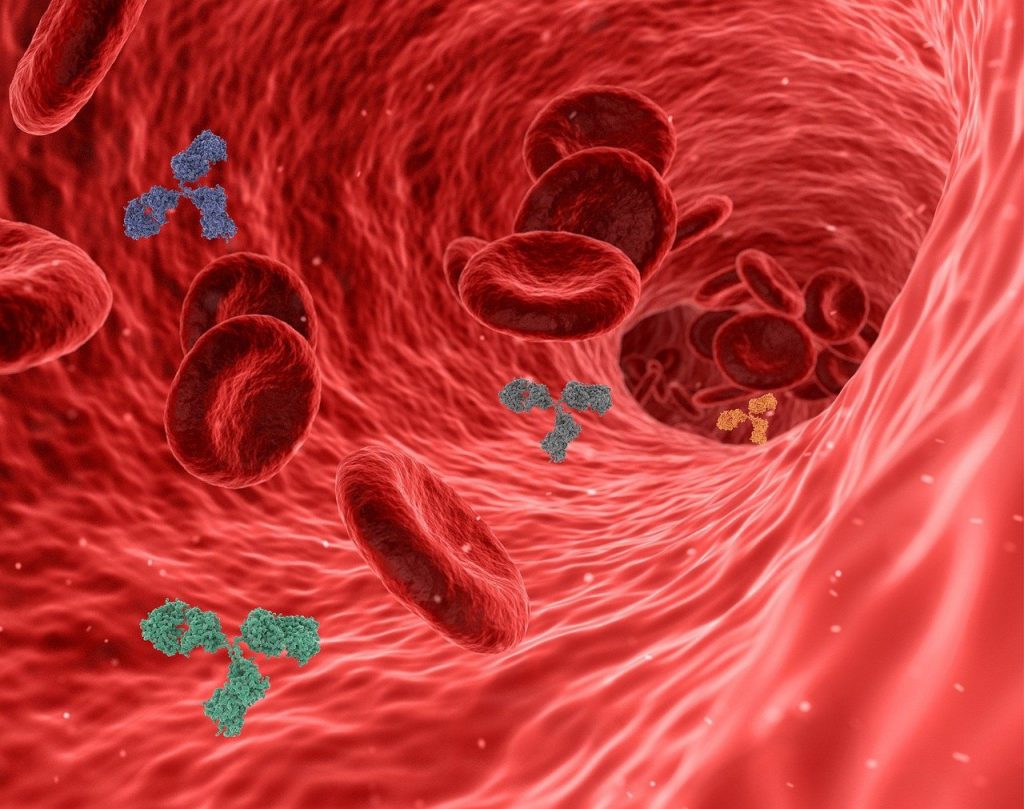Why Sun Exposure Is the Best Source of Vitamin D
On a typical sunny day, your body may produce up to 25,000 international units (IU) of vitamin D, although many people aren’t in the sun enough to optimize their vitamin D levels. However, I strongly recommend getting your vitamin D from proper sun exposure, if possible, as it provides benefits beyond vitamin D optimization. Higher levels […]
Why Sun Exposure Is the Best Source of Vitamin D Read More »


